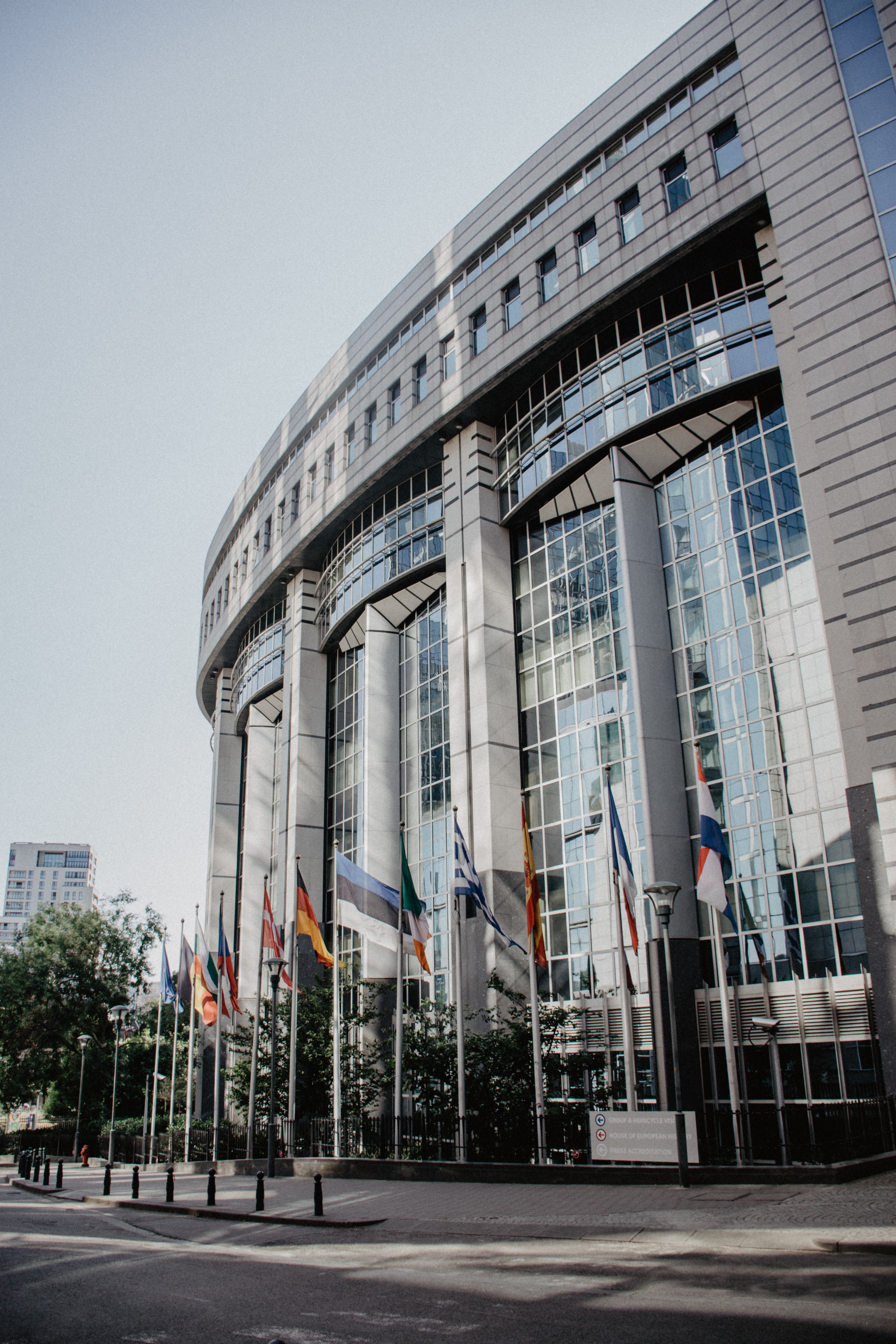Photo by Markus Spiske on Unsplash
New rules are set to be introduced which would protect journalists and activists from abusive lawsuits against public participation.
The long-awaited anti-SLAPP directive protects journalists and human rights defenders from strategic lawsuits against public participation that aim to silence them.
The new rules contain a set of safeguards to protect victims, such as the possibility to ask for a case to be dismissed early, the claimant having to cover all the costs, and not recognising third country judgments against victims residing in the EU.
MEPs say their “tireless efforts are now paying off” as the European Parliament will this week finally adopt ‘Daphne’s Law’.
This is in memory of the brave Maltese journalist who was murdered because of her investigations into the Maltese government and others.
Magdalena Adamowicz MEP, the EPP Group’s negotiator on the law, said it aims to prevent the abuse of legal systems by those who file Strategic Lawsuits Against Public Participation.
She said, “We’re delivering on our promise to better defend journalists and human rights defenders against those who want to silence them.
“With this new law, the EU is protecting journalists and human rights defenders against unfounded and abusive court cases,” says Adamowicz.
The new law sets minimum standards for the protection of those engaged in public participation.
The parliament says it provides strong safeguards against manifestly unfounded and abusive legal proceedings with cross-border implications. Member States will be able to impose penalties on those who abuse the legal system for their own advantage.
Furthermore, the claimant will have to bear the high costs of such proceedings, which are often used as a weapon to intimidate journalists.
“Strong legislative action is needed today because for too long we have been blind to the practice of gagging journalists and human rights defenders,” underlines Adamowicz.
The new law also provides for the expedited processing of certain SLAPP cases and the possibility of early dismissal, which will shorten lengthy and costly legal proceedings and reduce the suffering of victims.
The Euro deputy added, “This vote is a milestone and an expression of our determination as the European Parliament to protect our democracies and free and open societies.
“But, it is not the end of our efforts. We will continue to monitor with undiminished attention the implementation of the law in the Member States, as well as the general conditions for the functioning of free and independent media,” she concluded.




